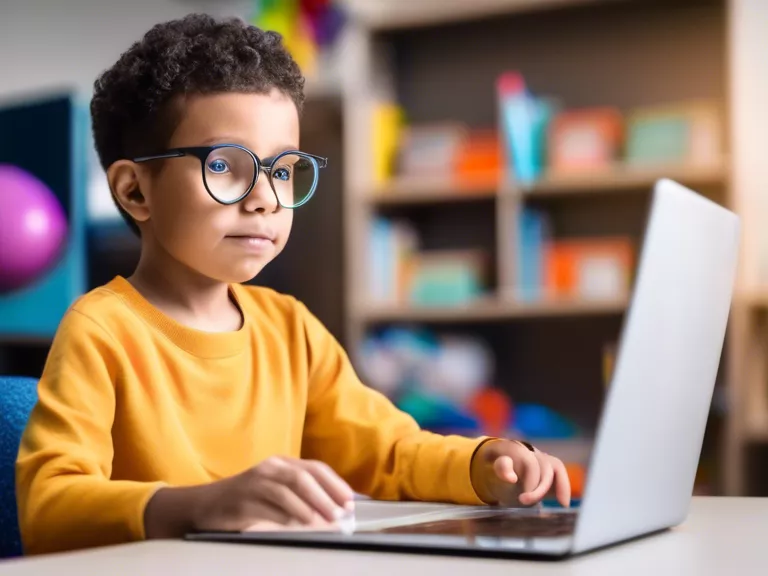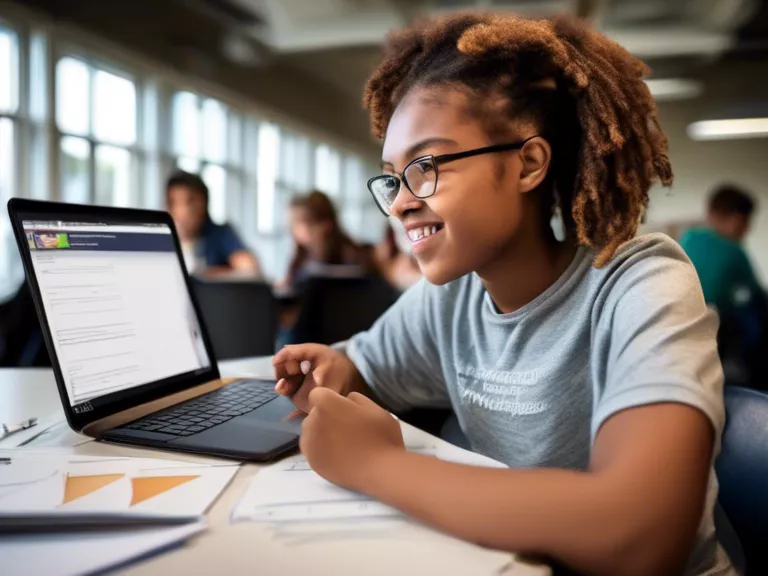
With the rise of AI-powered learning platforms, individualized education plans (IEPs) have become more accessible and effective for students with diverse learning needs. These platforms utilize artificial intelligence to customize teaching methodologies and provide personalized learning experiences for each student. By catering to individual strengths and weaknesses, AI-powered learning platforms are revolutionizing the way educators support students with IEPs.
One of the key advantages of AI-powered platforms for IEPs is their ability to analyze data and provide insights into students' progress and areas for improvement. Through machine learning algorithms, these platforms can track and assess students' performance in real-time, allowing teachers to make informed decisions and adjustments to their teaching approach. This level of personalized feedback can significantly enhance student engagement and academic outcomes.
Moreover, AI-powered learning platforms offer a wide range of resources and tools that cater to different learning styles and preferences. Students with IEPs can benefit from interactive simulations, adaptive quizzes, and personalized study plans that cater to their individual needs. These platforms can also provide additional support such as speech-to-text features, cognitive aids, and real-time feedback to assist students with special needs.
By leveraging AI technology, educators can create a more inclusive and supportive learning environment for students with IEPs. These platforms can help teachers design lessons that are tailored to each student's unique abilities and ensure that no student is left behind. Additionally, AI-powered platforms can facilitate communication among teachers, parents, and students, allowing for a collaborative approach to supporting students with diverse learning needs.
Overall, AI-powered learning platforms are playing a crucial role in supporting individualized education plans for students with diverse learning needs. By harnessing the power of artificial intelligence, educators can provide personalized support, resources, and feedback to help students with IEPs achieve their full academic potential.



